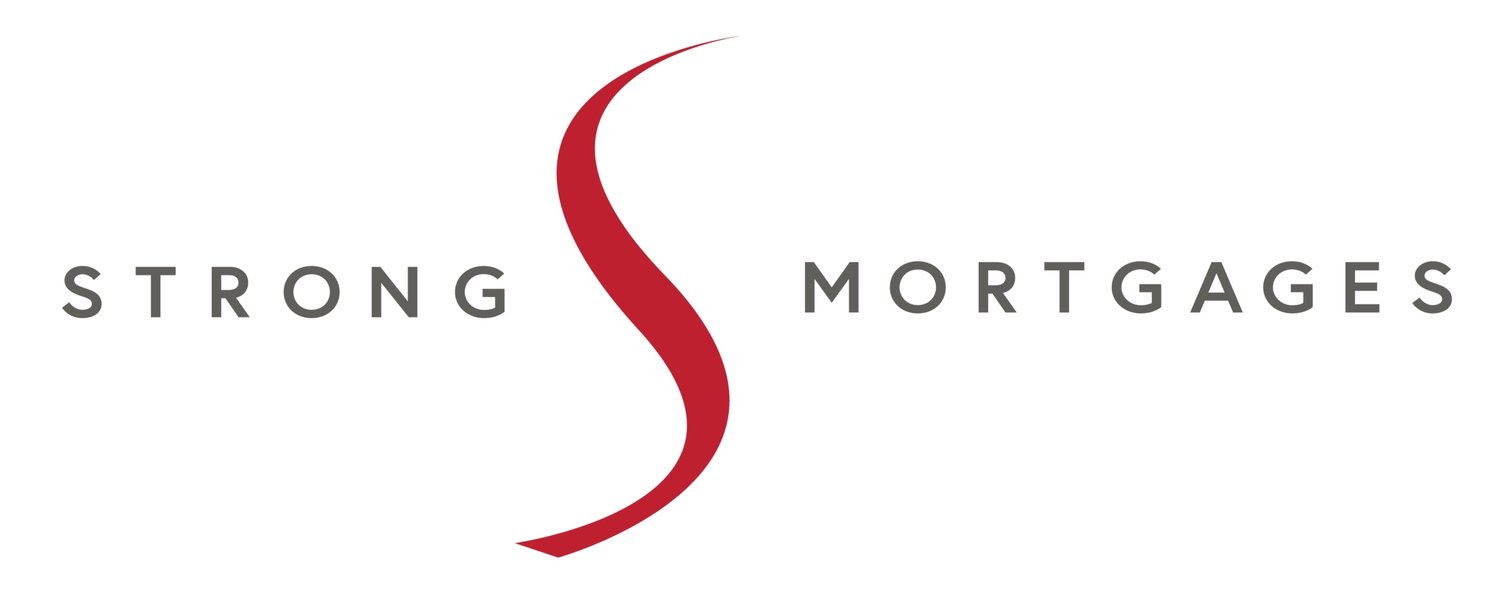 There has been a great deal of talk on mortgages lately. Unfortunately, most with negative perspectives. The following headlines have been consuming the mortgage industry over the past couple of weeks:
There has been a great deal of talk on mortgages lately. Unfortunately, most with negative perspectives. The following headlines have been consuming the mortgage industry over the past couple of weeks:
1. CMHC nearing its 600 Billion government-imposed limits on mortgage default insurance due to portfolio insurance purchases by banks and private lenders on conventional mortgages.
2. Canadian Government concerns about historical low mortgage rates.
3. Lighter standards on some home-equity lines of credit or HELOC and the use of stated income applications.
4. Discussions of lowering the maximum amortization from 30 years to 25 as the government continues to monitor the average household debt.
The added attention may actually create unnecessary changes to mortgage regulations and could cause a considerable shift in the housing market, for the bad. Tightening regulations and limited available mortgage insurance to lenders could cause mortgages to become either more difficult or more costly to get, which could easily impact the homebuyer market.
Although many believe Canada has been experiencing a housing bubble, it has been projected that we could be in for a soft correction, especially with interest rates forecasted to stay low well into 2013. However, now with the potential cap on CMHC’s insurance lending, we may experience an abrupt halt to the market. With less lenders willing to lend, an increase to the cost of borrowing could decrease the number of interested buyers.
Nothing has been put in stone and things may fall into place. The government could approve an increase to CMHC’s limits, which it has commonly done in the past. This could help with one hurdle on mortgage liquidity. Rates will likely remain low while lending practices could be monitored more appropriately without the need for additional restrictions. This could help with the other hurdle in keeping active buyers in the market.
Although important decision will need to be made, excess attention has been placed on the housing industry that is not completely necessary. It’s understandable, given the issues experienced by our southern neighbours. Keeping an eye on the industry, however, does not mean big changes are needed. We have already undergone a number of tightening restrictions, which were for the better. Proper management of those now will help to keep the industry progressing by supporting all buyers; conventional, unconventional, Business for Self, A and Alt-A borrowers.
It is quite possible that all this talk is just that – talk. The industry and the government taking the opportunity to monitor and recognize that the housing market can continue to progress in its natural manner.

